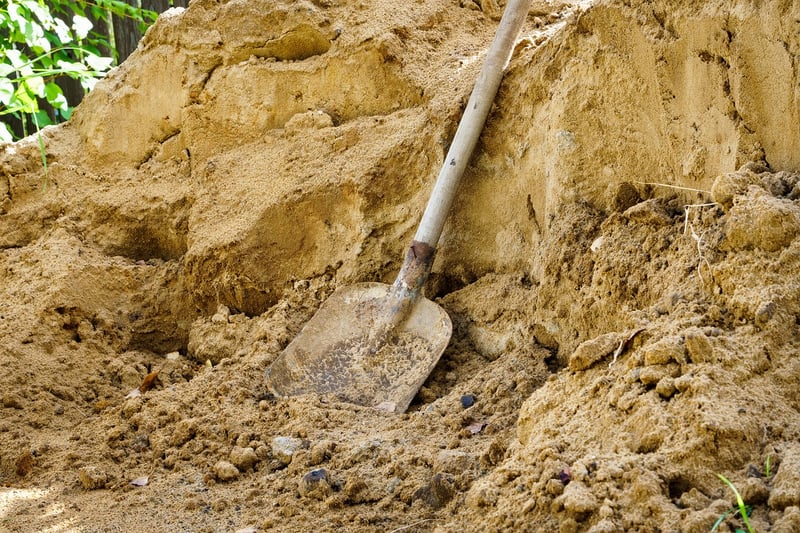Soil Maintenance
Nurture Your Plants with Proper Soil Maintenance
Ensuring the health and vitality of your plants begins with the soil they grow in. Proper soil maintenance is essential for providing the necessary nutrients and environment for your plants to thrive. By following these simple steps, you can nurture your plants and promote a flourishing garden.
Choose the Right Soil
Before planting, it's crucial to select the right type of soil for your specific plants. Different plants have different requirements when it comes to soil composition. Some prefer well-draining soil, while others thrive in more moisture-retentive soil. Conduct research or consult with a local garden center to determine the best soil for your plants.
Regularly Test the Soil
Testing the soil periodically can provide valuable insights into its pH levels and nutrient content. You can purchase DIY soil testing kits or send samples to a professional lab for analysis. Based on the results, you can adjust the soil's pH levels and add necessary nutrients to create an optimal growing environment for your plants.
Provide Adequate Nutrients
Plants require essential nutrients such as nitrogen, phosphorus, and potassium to grow and thrive. Fertilizing the soil with organic matter or commercial fertilizers can help replenish these nutrients and promote healthy plant growth. Be mindful of the specific nutrient requirements of your plants to avoid over-fertilization.
Mulch for Moisture Retention
Adding a layer of mulch to the soil surface can help retain moisture, regulate soil temperature, and suppress weed growth. Organic mulches like wood chips, straw, or compost not only improve soil structure but also provide a slow release of nutrients as they decompose, benefiting your plants in the long run.
Aerate the Soil
Compacted soil can hinder root growth and water infiltration. Aerating the soil by loosening it with a garden fork or using a mechanical aerator can improve air circulation, water drainage, and root development. Regular soil aeration is especially beneficial for heavy clay soils.
Monitor Drainage
Proper drainage is essential for preventing waterlogging, which can lead to root rot and other plant diseases. Ensure that your plants are not sitting in water by providing adequate drainage in pots or raised beds. For in-ground planting, consider amending the soil with organic matter to improve drainage.
Conclusion
By paying attention to soil maintenance and providing the necessary care, you can create an optimal growing environment for your plants. Healthy soil leads to healthy plants, vibrant blooms, and bountiful harvests. Invest time and effort in nurturing your soil, and you will be rewarded with a flourishing garden that brings joy and beauty to your outdoor space.
Remember, healthy soil equals healthy plants!

Image source: Pixabay
